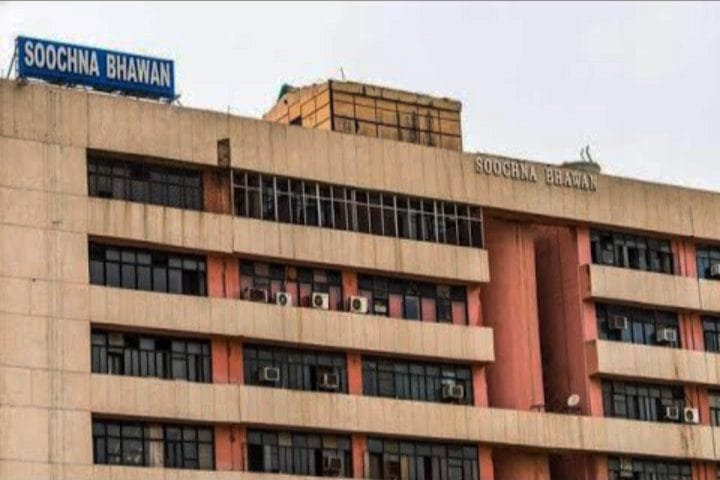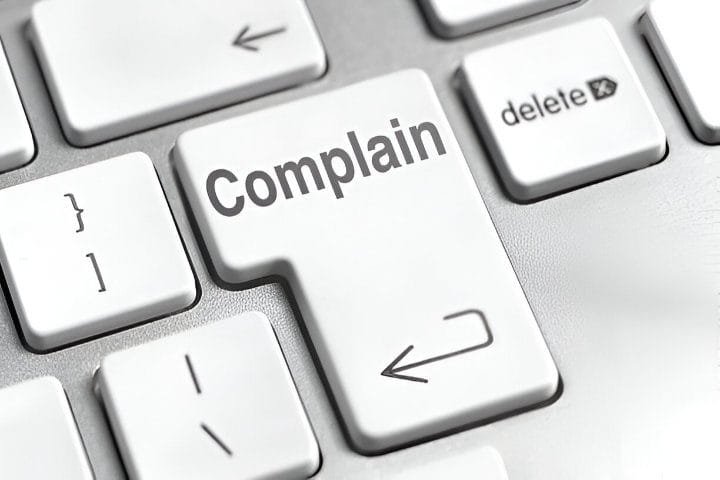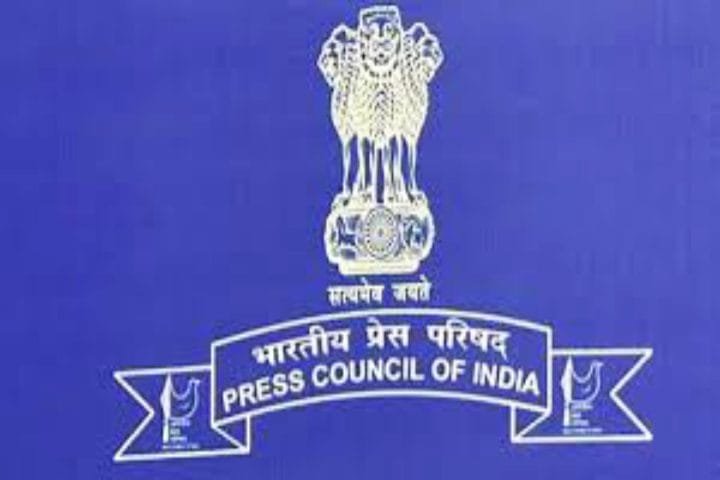Press Council of India: Introduction

The Press Council of India (PCI) is a statutory quasi-judicial autonomous authority established to preserve press freedom while maintaining and improving the standards of newspapers and news agencies in India.
It was first set up in 1966 under the Indian Press Council Act, 1965, based on the recommendations of the First Press Commission. The 1965 Act was repealed in 1975 during the emergency, and the Council was re-established as a statutory body in 1979 under the Press Council Act, 1978, to operate independently, acting as a watchdog of and for the press.
Statutory Quasi-Judicial Autonomous Bodies in India
A statutory quasi-judicial autonomous body is an organization that combines three key characteristics:
- It is established through an Act of Parliament or State Legislature
- It has powers similar to a court of law for specific matters
- It operates with significant independence from the executive branch
Statutory Powers
- Created as a result of specific legislation that Parliament passed
- Derives authority from statutes (laws)
- Has power to implement legislation and make decisions on behalf of the state
Quasi-Judicial Functions
- Can conduct hearings and gather evidence
- Makes decisions based on existing laws and predetermined rules
- Has authority to impose penalties within its jurisdiction
- Decisions can be appealed in courts of law
Autonomous Nature
- Rather than regular judges, domain experts will be in charge.
- Operates independently within defined parameters
- Has dedicated decision-making authority in specific areas
Jurisdiction and Limitations
The scope of authority is limited to specific areas of expertise, like:
- Financial markets
- Employment laws
- Public standards
- Regulatory matters
Decision-Making Powers
- Cannot create new laws
- Must operate within existing legal frameworks
- Decisions are legally enforceable but subject to judicial review
Examples of such bodies in India, other than the Press Council of India (PCI), include the Securities and Exchange Board of India (SEBI), the National Green Tribunal, and various regulatory tribunals.
Important Facts
Press Council Act 1978
The act was to establish a Press Council for the purpose of preserving the freedom of the press and of maintaining and improving the standards of newspapers and news agencies in India.
- The Act provides the legal framework for the establishment and functioning of the Press Council
- Defines the composition, powers, functions, and responsibilities of the Council
- Outlines procedures for complaints and inquiry mechanisms
- Establishes the Council’s authority to censure and take action against violations
Press Council of India: Vision
- Preserve the freedom of the Press
- To maintain and improve the standards of newspapers and news agencies in India
Press Council of India: Mission
- To assist newspapers and news agencies in preserving their independence
- To establish a code of conduct for newspapers, news agencies, and journalists that aligns with high professional standards, ensuring they uphold public taste and recognize their rights and responsibilities.
- To monitor any developments that may limit the supply and distribution of news that is important to the public.
- To promote a productive relationship among all individuals involved in newspaper production or news agencies.
- To address issues like the concentration of ownership of newspapers and news agencies that may impact press independence.
Press Council of India: Functions
The Council’s primary functions include:
- Helping newspapers and news agencies maintain independence
- Building a code of conduct for journalists and media organizations
- Ensuring maintenance of high professional standards
- Encouraging responsibility and public service in journalism
- Monitoring developments affecting news dissemination
- Reviewing foreign assistance to Indian media
- Studying ownership patterns affecting press independence
- Undertaking studies on press-related matters
- Promoting proper relationships among various stakeholders in the media industry
Norms of Journalists’ Conduct

The Council has developed comprehensive guidelines covering:
- Journalistic ethics and standards
- Accuracy and fairness in reporting
- Right to privacy
- Professional integrity
- Guidelines for advertising
- Rules regarding paid news
- Standards for covering sensitive topics
The Press Council of India created the Norms of Journalistic Conduct, providing an ethical framework for media professionals in India. The main goal is to provide people with news, views, comments, and information on public interest topics in a fair, accurate, unbiased, and respectful way.
Accuracy and Fairness
The press should not publish inaccurate, baseless, misleading, or distorted information. Core issues must be reported from all perspectives, and unfounded rumors should not be treated as facts. News reports from FIRs must specify their source and include the perspective of the affected party.
Advertisement Guidelines
Advertisements must be clearly distinguishable from editorial content. Publications cannot promote products such as cigarettes, tobacco, alcohol, and other intoxicants. Newspapers must ensure advertisements don’t malign religious sentiments or violate existing laws.
Professional Ethics
The norms stress responsible reporting on sensitive topics such as caste, religion, and community references. Journalists should not identify individuals by caste or community if it is not relevant to the story. Reporters must exercise caution when covering court proceedings and avoid defamatory content unless it is verified and serves the public interest.
Editorial Responsibility
Editors hold final responsibility for all content, including advertisements. They must ensure proper verification of facts, respect privacy rights, and maintain ethical standards in investigative journalism. The guidelines emphasize the need for corrections and the right to reply.
The norms highlight the press’s essential role in democracy and the importance of responsible, ethical journalism that serves the public interest.
Press Council of India: Composition
Appointment of Chairman
By custom, the Chairperson of the Press Council is a former Supreme Court of India judge. The term of the chairperson and the members is three years.
Present Press Council of India Chairperson: Justice Ranjana Prakash Desai

Former Press Council of India Chairperson
| Mr. Justice C. K. Prasad | May 21, 2018 – November 21, 2021 November 25, 2014 – May 21, 2018 |
| Mr. Justice Markandey Katju | October 5, 2011 – November 24, 2014 |
| Mr. Justice G.N. Ray | May 19, 2008 – October 4, 2011 March 11, 2005 – May 18, 2008 |
| Mr. Justice K. Jayachandra Reddy | August 8, 2001 – February 7, 2005 |
| Mr. Justice P B Sawant | August 8, 1998 – August 7, 2001 July 24, 1995 – August 7, 1998 |
| Mr. Justice R S Sarkaria | January 24, 1992 – July 23, 1995 January 19, 1989 – January 23, 1992 |
| Mr. Justice A N Sen | June 16, 1982 – October 9, 1985 |
| Mr. Justice A N Grover | June 16, 1982 – October 9, 1985 April 3, 1979 – June 15, 1982 |
| Mr. Justice N Rajagopala Ayyangar | May 4, 1968 – December 31, 1975 |
| Mr. Justice J R Mudholkar | July 4, 1966 – March 1, 1968 |
Appointment of Members
The Council is composed of 28 members, including 20 representatives from the press, 5 from the two Houses of Parliament, and 3 individuals with specialized knowledge or practical experience in education, science, law, literature, and culture. Of these, one will be nominated by the University Grants Commission, one by the Bar Council of India, and one by the Sahitya Academy.
Powers of the Press Council of India
Suo-motu Cognizance
- Can take up cases on its own initiative
- Authority to investigate matters affecting press freedom
- Power to examine ethical violations without formal complaints
Limitations of Powers
- Cannot impose financial penalties
- Decisions limited to warning, admonishing, or censuring
- No criminal jurisdiction
- Cannot act on matters pending in courts
- Limited to print media only
Press Council of India: Complaint Procedure

Complaint by the Press
- Press can file complaints regarding interference with press freedom
- Must provide full particulars of alleged infringement
- Time-bound process for filing and resolution
Complaint against the Press
- Any person can file complaints against ethical violations
- Must first write to the editor of the concerned publication
- Complaints must be filed within specified timeframes:
- Two months for daily, new agencies and weeklies
- Four months for other publications
The complainant must provide the name and address of the newspapers, news agencies, periodicals, editors, or journalists involved in the complaint. A clipping of the relevant matter or news items, either in original or self-attested copy (with English translation if the news item is in an Indian language), should be included with the complaint. A person can also send his/her complaint through email at pcibppcomplaint@gmail.com.
Critical Analysis
Strengths
- Autonomous statutory body
- Promotes self-regulation
- Maintains press freedom
- Provides ethical guidelines
Weaknesses
- Jurisdiction limited to print media
- Often referred to as a “toothless tiger” due to limited enforcement capabilities
- Can only issue warnings, admonishments, and censures
- Lacks power to levy fines or enforce strict penalties
- Plays primarily an advisory role with no legally binding authority
- Time-consuming complaint resolution process
The Press Council of India, often called a “toothless tiger,” struggles to be effective because of its limited enforcement powers. The council can issue warnings and admonishments but lacks the authority to impose significant penalties or enforce compliance. This limitation has resulted in widespread non-compliance, as many newspapers, including major ones, frequently ignore Press Council of India directives.
There are significant case backlogs, with nearly half of the cases filed before 2010 still unresolved. Typical case resolution takes three to four years, which further jeopardizes the council’s operational efficiency.
The council’s performance metrics from 2011-2012 show modest results, with 90 adjudications and 54 cases disposed of, dismissed, or withdrawn, leading to a 30% effectiveness rate in substantive action.
Moreover, the Press Council of India struggles to address contemporary media challenges such as hate speech reporting, sensitive content publication, paid news, and digital media concerns. Various reforms have been proposed to enhance effectiveness, including a licensing system for journalists, strengthening punitive powers, and establishing stronger enforcement mechanisms.
The limitations and challenges highlight the need for reforms to make the Press Council of India an effective regulatory body that upholds high journalistic standards in India’s changing media landscape.




